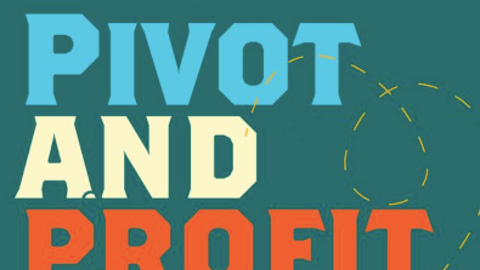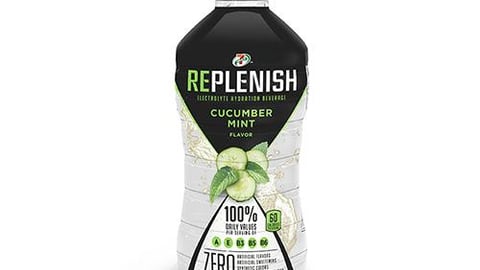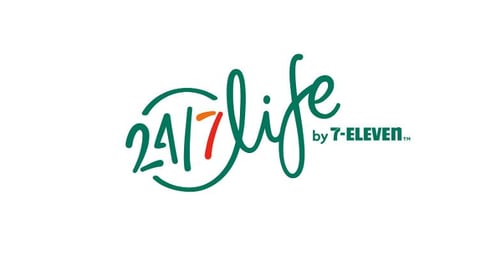Demand for affordability and value give private-label sales a boost: Report
Private label is on the up and up, as Canadian shoppers seek more bang for their buck.
According to the NielsenIQ “Private Label Trends During the Pandemic” report, private label in Canada accounted for 18% of volume dollar share in the 52 weeks ending Q1 2021. Sales grew by 10% in Q1 2021 versus Q1 2020, while national brands grew by 8%.
Private label fared better than name brands—especially at the beginning of pandemic—for a number of reasons, said Rachel Guo, shopper insights lead at NieslenIQ, in an email interview.
“Many name brands struggled to meet the sudden spike in demand due to panic stock up and, as many of us saw in stores, experienced supply chain challenges,” said Guo.
In addition, private-label brands have been one beneficiary of the trend towards consumers’ hunt for greater affordability. “Low price is still the primary reason to buy private-label products,” said Guo. “And it will remain the main driver during times when Canadian shoppers are seeking out better affordability and value.”
Fully 100% of Canadian households purchase private-label products, spending an average of $1,319 per year. People’s perception of private-label brands is also changing: the report found that 45% of Canadians believe private-label brands provide better quality than national brands, up from 38% in 2018.
There were a few standout categories in terms of volume share of private label by food department: frozen foods: 32%; baked desserts/breakfast: 32%; processed meat: 32%; dessert: 28%; condiments and sauces: 27%.
“Private labels are developing more in the food departments than non-food departments,” said Guo. “Moreover, private label is more successful in the categories that are more commoditized and have less differentiation between private label and branded, for example, baking needs and frozen food.”
Asked if she expects the momentum around private-label products to continue, Guo said it’s difficult to forecast amid today’s economic uncertainty. “My personal thought is that private-label growth might continue for a while, but it is not practical that private label maintains the same momentum in the new normal era when the supplies and promotions of branded products are back to the market,” she said.
Guo believes the biggest opportunity for grocery retailers isn’t a specific category or format, but the opportunity to refine their private-label strategy and figure out how they can translate short-term momentum into long-term customer loyalty.




